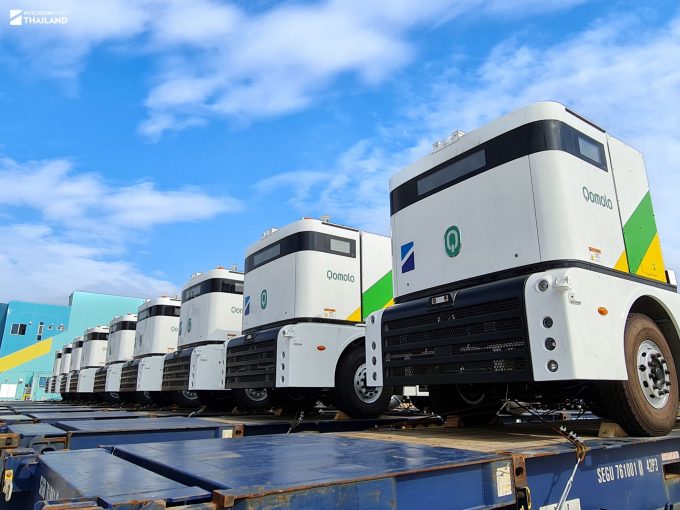News in Brief Podcast | Week 10 | TPM25, Hutchison Ports and tariff impacts
In this jam-packed episode of The Loadstar’s News in Brief Podcast, host and news reporter Charlotte ...

The UK port of Felixstowe is to roll out a 100-strong fleet of autonomous battery-powered trucks in September, with hauliers declaring “the AI revolution is truly upon us”.
The Hutchison-owned port struck a deal with manufacturer Westwell, via which it has had ...

Comment on this article